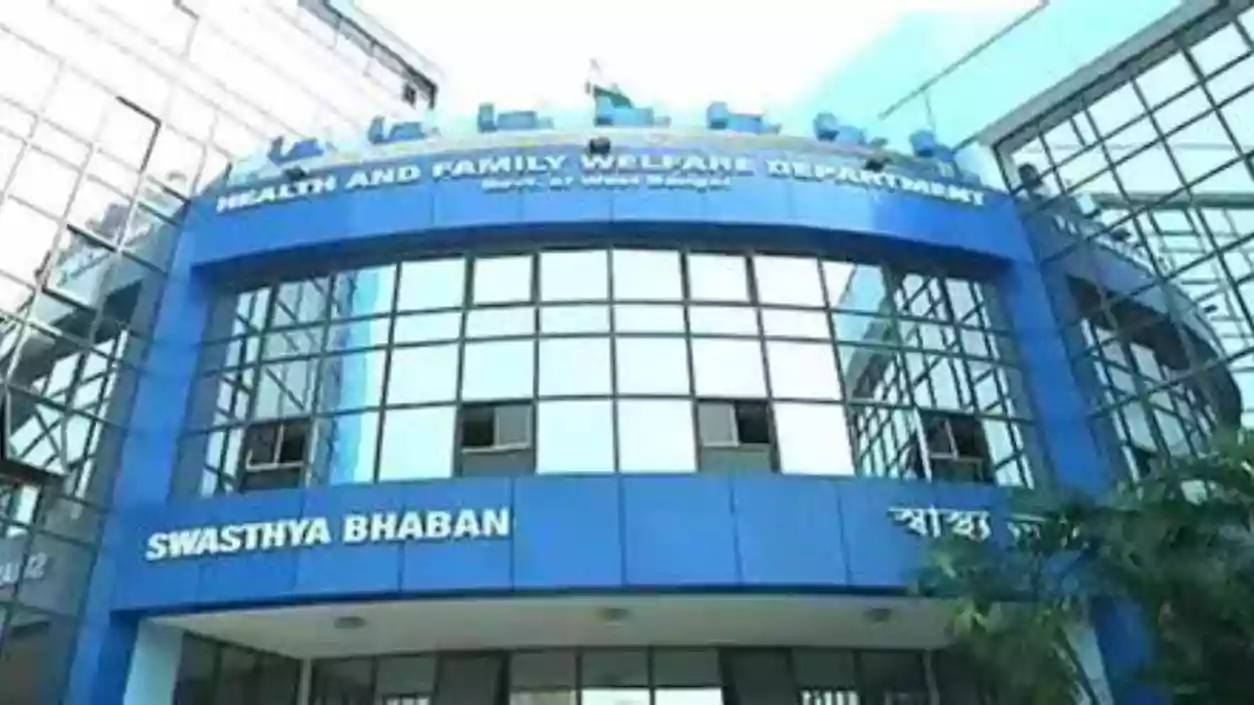Kasba Gangrape: Court sends all 3 accused to 7-day police custody
.gif)
.gif)

Following the death of a mother due to contaminated saline, the West Bengal Health Department issued an official directive to remove all products from West Bengal Pharmaceuticals from government hospitals. The directive, which came nearly 36 hours after the incident, was immediately communicated to medical colleges, district hospitals, and state general hospitals. Hospital staff have been observed removing Ringer Lactate saline and other affected products from patient wards to comply with the directive.
On Saturday afternoon, the Health Department banned 10 products from West Bengal Pharmaceuticals, a company implicated in the contamination incident. The banned products include Ringer Lactate, Ringer Solution IP Injection, Dextrose Injection, Mannitol Infusion, Paracetamol Infusion, Ofloxacin, Sodium Chloride Irrigation Solution, 1/2 DNS, and Pediatric Maintenance Electrolyte Solution. These items, which are commonly used in hospitals, are now prohibited from use in any healthcare facility under state jurisdiction. Hospitals have been instructed to issue fresh tenders to replace the banned products with safe alternatives.
The incident that prompted the ban occurred at Medinipur Medical College on Friday, where a mother died after receiving contaminated saline. Hospital authorities have confirmed that the saline administered to the deceased patient was from West Bengal Pharmaceuticals. Additionally, four other mothers are reportedly in critical condition after being treated with the same contaminated saline at the same medical college. In response, the hospital has complied with the Health Department's directive and removed the affected saline bottles from the wards.
Despite the verbal warning issued earlier by the Health Department, saline from West Bengal Pharmaceuticals continued to be used in some hospitals. It was only after further investigations into the contamination that the Health Department issued a written directive to immediately stop the use of the products and replace them with safer alternatives. This directive has been implemented in hospitals across the state, with medical staff working to remove and isolate the affected products to prevent further risk to patients.
The Health Department's actions also follow reports of similar incidents in other states. Last year, in Karnataka, four people died after receiving saline from the same company, West Bengal Pharmaceuticals, raising concerns about the company's quality control measures. The department has assured that hospitals will replace the banned products with approved alternatives and will ensure patient safety moving forward. However, the department has not yet clarified how soon the new supplies will be available in all hospitals affected by the ban.